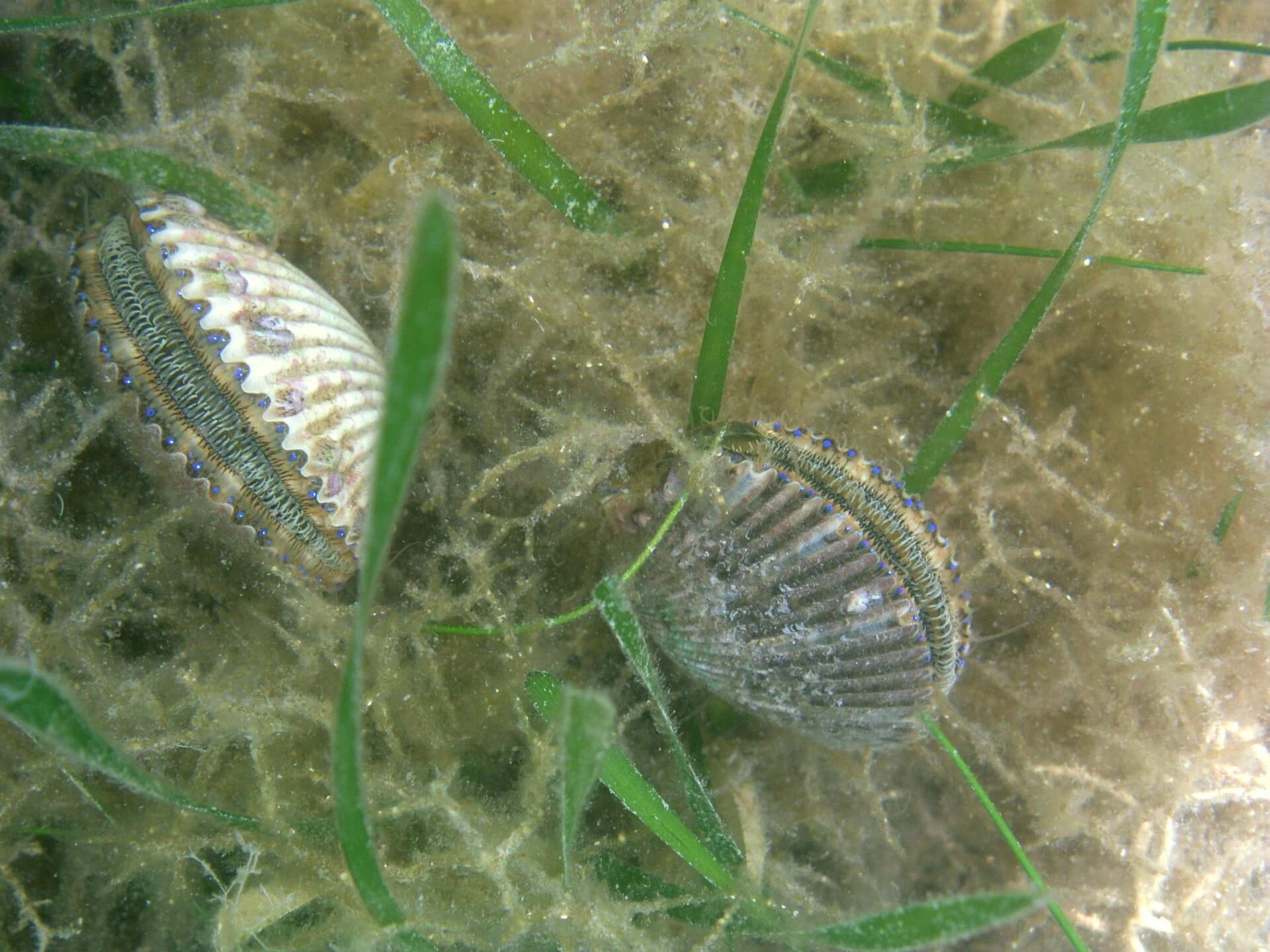Discover how bay scallops journey from millions of eggs to seagrass beds, surviving perilous stages to become mature adults ready for harvest.
Close
x
- Things to Do
- Eat & Drink
- Stay
- Destination
- Events
- Blog
- Sports Tourism
- Weddings
- Meetings
- Partners
- Deals & Specials
- Destination Guide


